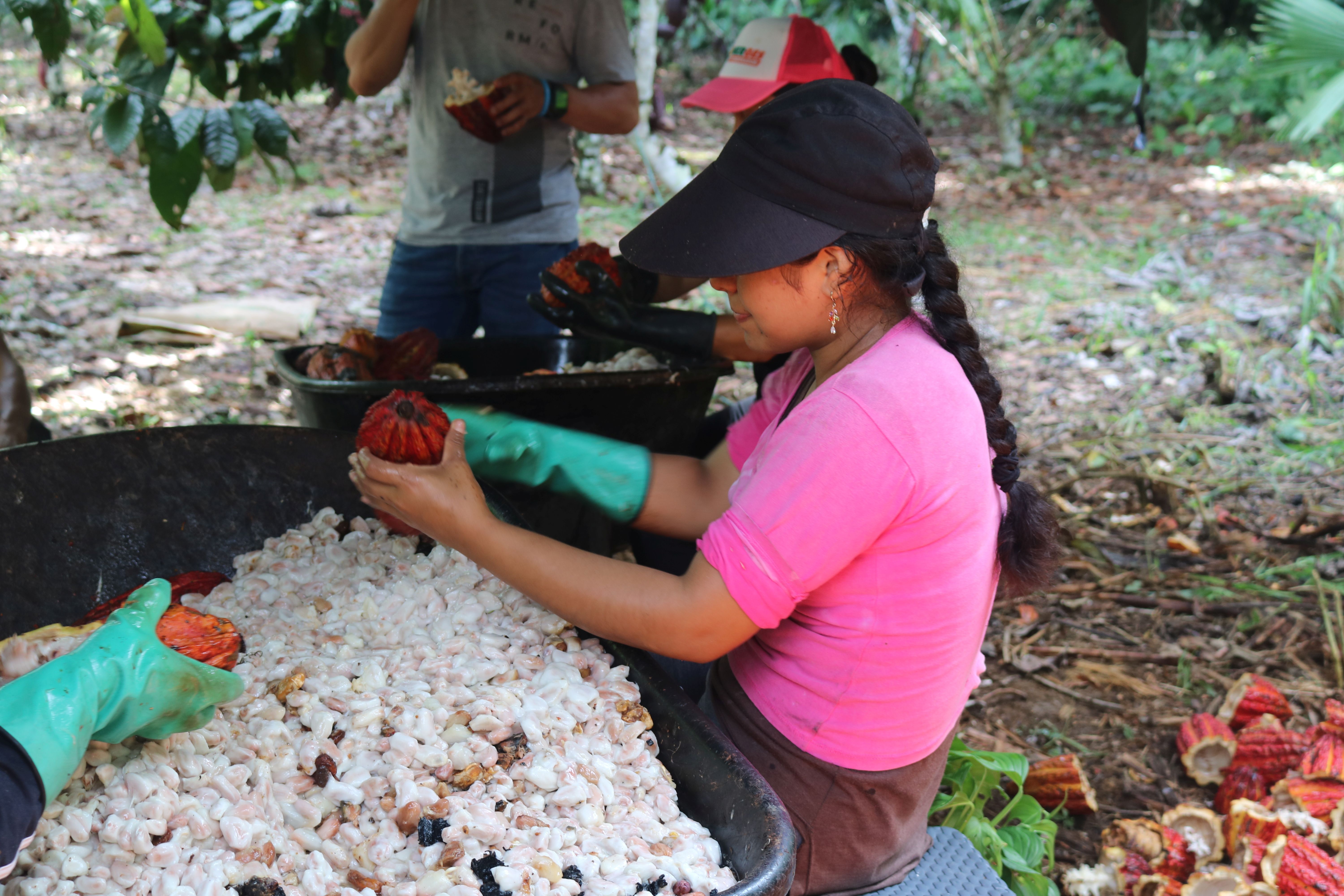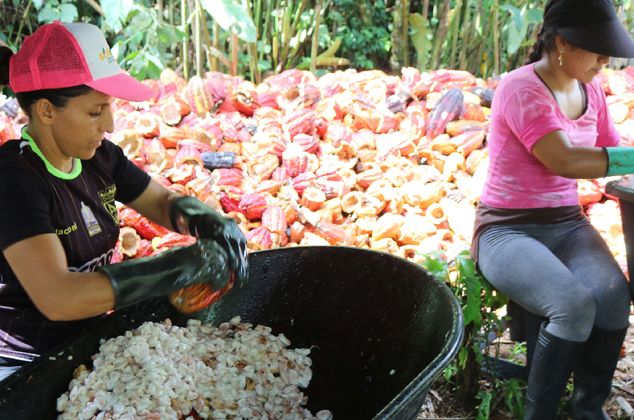International agreements on gender equality
Guiding principles of the United Nations and German development policy
The realities of women and men are often fundamentally different. Political strategies for dealing with the cultivation, trade and use of illegal drugs need to take account of these differences – not only because of conditions on the ground, but also based on a number of international agreements on gender equality.
Gender equality is a principle enshrined in the UN Charter of 1945, the founding treaty of the international community. Several subsequent human rights treaties have specified this obligation in greater detail, and ratification of the agreements has made it legally binding for the signatory states. In 1979, the UN General Assembly also adopted the Convention on the Elimination of All Forms of Discrimination against Women (CEDAW).
International development policy also contains clear commitments to promote effective advocacy for gender justice. In the 2030 Agenda, it is defined as a cross-cutting goal in all 17 Sustainable Development Goals (SDGs). SDG 5 also explicitly calls on the international community to ‘achieve gender equality and empower all women and girls’. It is a basic principle of German development policy too: ‘equal rights, equal obligations, equal opportunities and equal power for women and men’.
Recommendations have also been derived from this framework for international drug policy. In its Outcome document, the United Nations General Assembly Special Session (UNGASS 2016) on the World Drug Problem held in 2016 noted that the different circumstances faced by men and women need to be taken into account in the development, implementation and evaluation of drug policies and programmes.
‘Mainstream a gender perspective into and ensure the involvement of women in all stages of the development, implementation, monitoring and evaluation of drug policies and programmes, develop and disseminate gender-sensitive and age-appropriate measures that take into account the specific needs and circumstances faced by women and girls with regard to the world drug problem and, as States parties, implement the Convention on the Elimination of All Forms of Discrimination against Women’
UNGASS Outcome Document 2016


